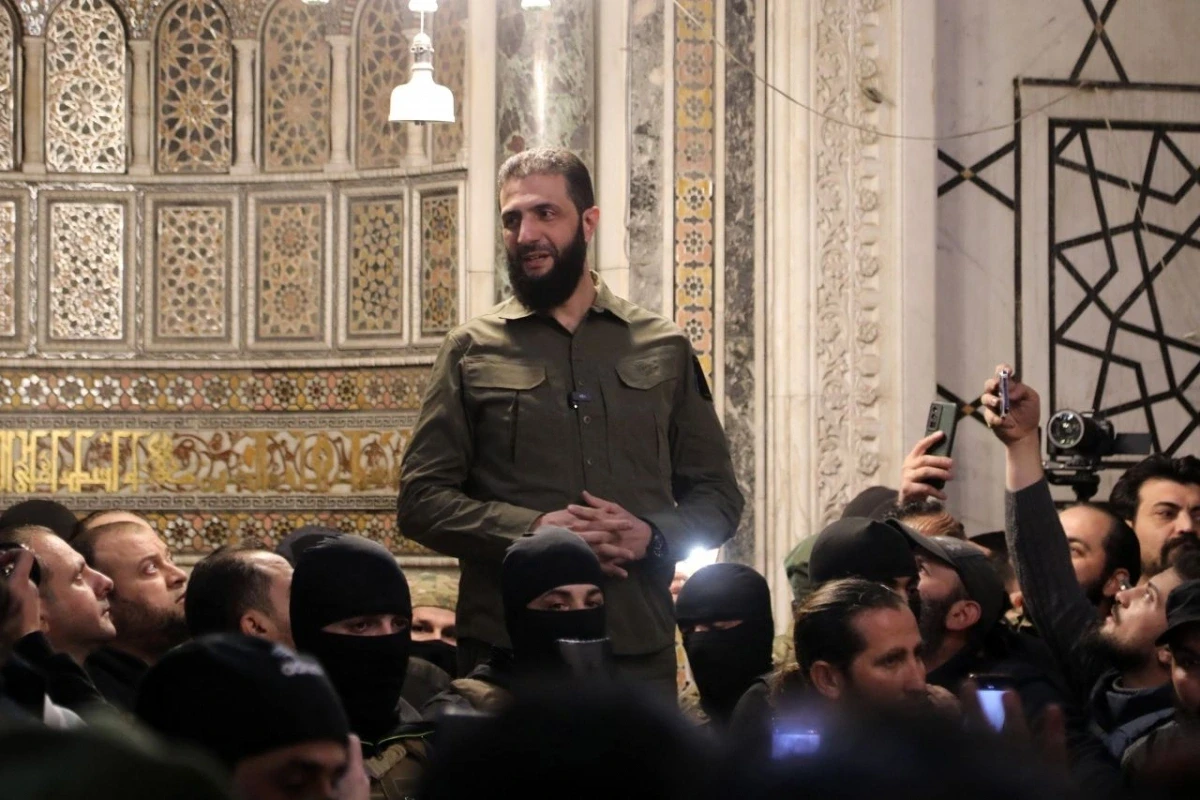US stops offering $10 million reward for information on arrest of new Syrian leader
The US will no longer offer a $10 million reward for the capture of Ahmed Hussein al-Sharaa, also known by his alias Abu Mohammad al-Julani, following a meeting between a US delegation and the leadership of Hayat Tahrir al-Sham (HTS) in Damascus on December 20.

Earlier this month, Syrian opposition forces led by HTS launched a surprise offensive across the country, seizing several major cities, including the capital Damascus. As a result, President Bashar Assad resigned and was granted asylum by Russia.
In an effort to engage more diplomatically with Syria’s new leadership, Barbara Leaf, the US Assistant Secretary of State for Near Eastern Affairs, led a delegation to Syria, the first visit by US diplomats since 2012, when the US embassy in Damascus closed.
During her meeting with Mr. al-Sharaa, Ms. Leaf discussed a number of key issues, including the need to prevent terrorist groups from operating in Syrian territory and ensuring the protection of the rights of minorities and women.
“We also discussed the urgent need to ensure that terrorist groups do not pose a threat inside Syria or outside, including to the United States and our partners in the region,” Leaf said in a telephone press conference from Jordan. “Based on that discussion, I am announcing that we will no longer continue the Rewards for Justice program, which has been in effect for many years.”
Despite this move, HTS remains listed as a foreign terrorist organization by the United States and is subject to related sanctions. Leaf stressed that the decision to withdraw the bounty reflects a policy shift aimed at legitimizing engagement with the group. “If I’m sitting down and having a long, detailed discussion with the leader of HTS, it would be contradictory to still have a bounty on him,” she explained. “If I don’t do that, I need to call the FBI to arrest him or something.”
The US delegation, including Roger Carstens, Special Presidential Envoy for Hostage Affairs, and Daniel Rubinstein, senior adviser for relations with new Syrian forces, discussed the fate of American journalist Austin Tice, who has been missing in Syria since 2012, among other issues.
This week, the US military revealed it had doubled the number of troops in Syria to about 2,000 before Mr Assad stepped down, in a bid to prevent Islamic State (IS) terrorists from exploiting the chaos.
The Pentagon also conducted an airstrike in northeastern Syria on December 19, reportedly killing a leader of the terrorist organization.
While there are currently no plans to reopen a US embassy in Damascus, Ms. Leaf said future diplomatic recognition would depend on the actions of the new government in Syria.


